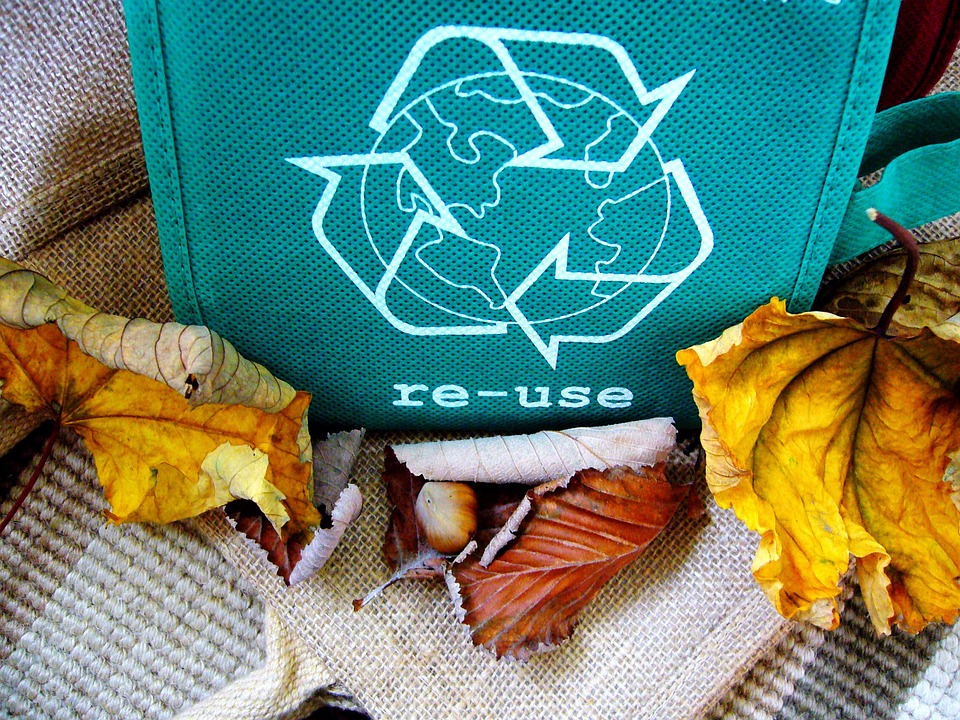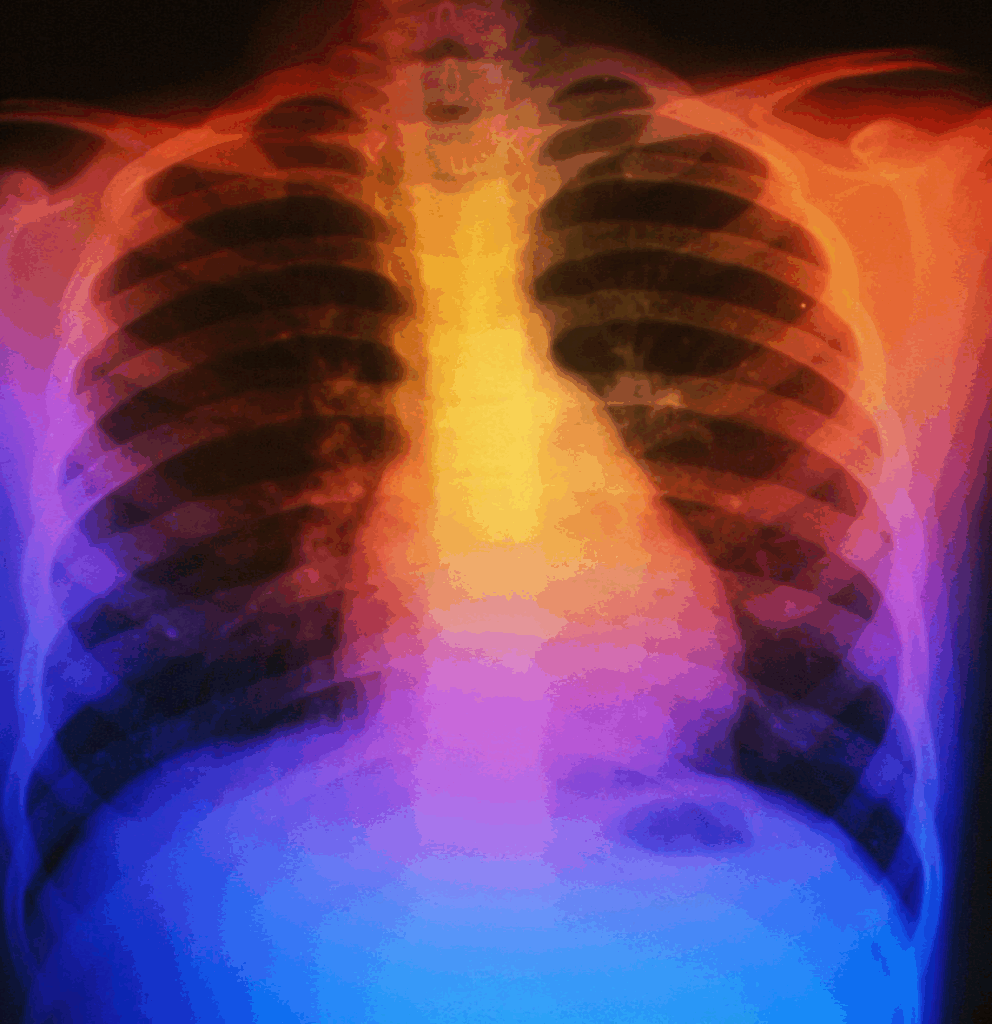Penn State is one of the largest universities in the United States, with 46,606 undergraduate students. Penn State is not only a community, but a city, and just like every city, Penn State has a huge impact on the environment. This is something that we must be conscience of as a community.
Penn State’s Ecological Footprint
According to The Global Footprint Network, Ecological Footprint is a measure of how much nature a person or community requires to live, and the impact that this consumption has on Earth. While we are not always thinking about our ecological footprint, we all have one.
If 46,606 students attend Penn State, our community’s Ecological Footprint must be huge. While many factors contribute to the footprint, one factor that we are all aware of is the amount of waste we produce. A very simple way for Penn State students to reduce our footprint is to recycle – the correct way.
Penn State and Recycling
Recycling is extremely important on such a large campus, given the amount of waste we produce as a community. One of Penn State’s EcoReps, Laura Saleh, a junior majoring in biological engineering, says that Penn State “has one of the best sustainability programs across campuses in the U.S.” Saleh says that given the size of our campus, she believes that the university does a good job with trying to get students to recycle, but noted some improvements that she would like to see.
“I think the university could provide more reusable items than non-reusable, like how Panda Express uses compostable containers,” says Saleh. “I hope one day the dining halls will use only reusable takeout containers.”
Saleh also expresses that there should be more recycling bins on campus and downtown where there are currently only trash bins. If there were recycling bins next to trash bins, students would not be compelled to simply throw recyclables in along with the trash.
Where recycling bins are provided, it is important to note that when non-recyclables are thrown into these bins, the entire bundle becomes non-recyclable trash. This is called ‘recycling contamination.’ If you throw regular trash into the recycling, all of our efforts go to waste. “That is why it is so important to recycle only what can be, and to separate your trash carefully,” urges Saleh.
The same thing goes for putting the wrong recyclables in together. Let’s say you put glass in the plastic bin, the whole bin will turn to trash unless your recycling provider specifically states that it is okay to do so. Many providers do not have this agreement with their community.
Why Penn Staters Should Care
To many, recycling seems like an unimportant chore. But the reality of recycling is that it does not have to be a chore if you think about why this small effort needs to be made.
As a community, we need to care more. We need to all be committed together, because while we live in our ‘Penn State bubble’ we cannot forget that our use of resources impacts the entire world. If we do not think about recycling now, we will create a much larger contamination problem in the future. It sounds cliché, but if we don’t take care of our planet, the planet that our future generations live on could be seriously tainted.
So, as a Penn Stater who is part of this community and family, take care of your loved ones by simply recycling the right way. Be conscience of your trash, know and follow the rules for recycling and urge your peers to take those extra steps towards creating a more sustainable campus.
In a community composed of thousands of young, bright students, with a little more effort, we could be the change.





